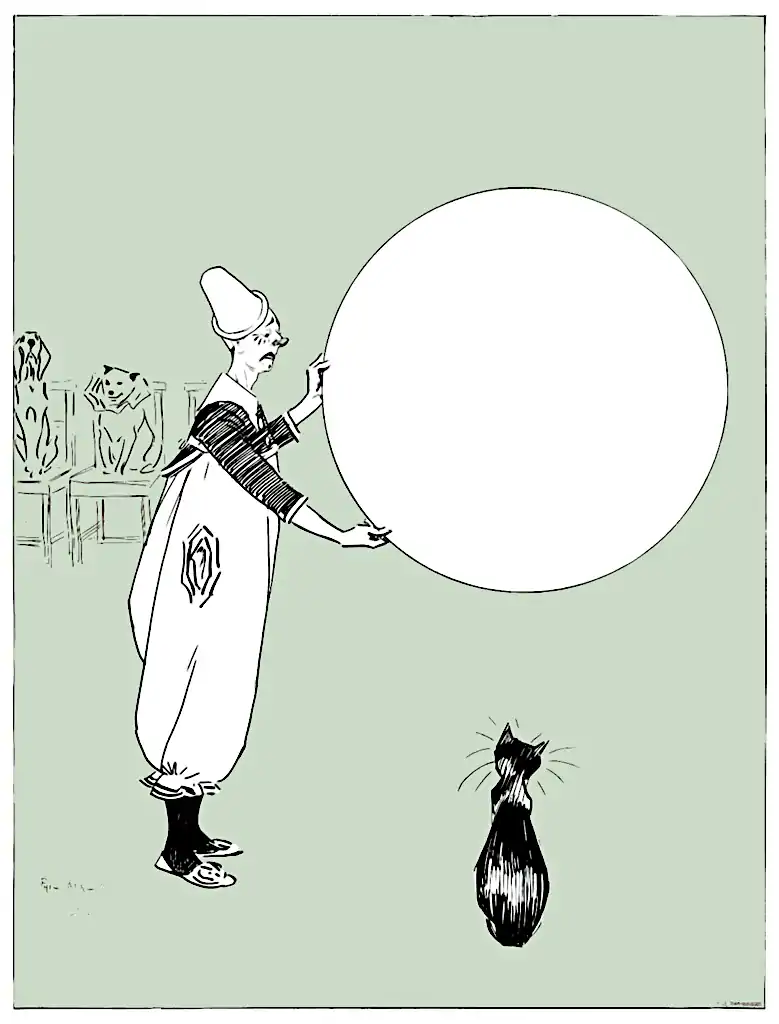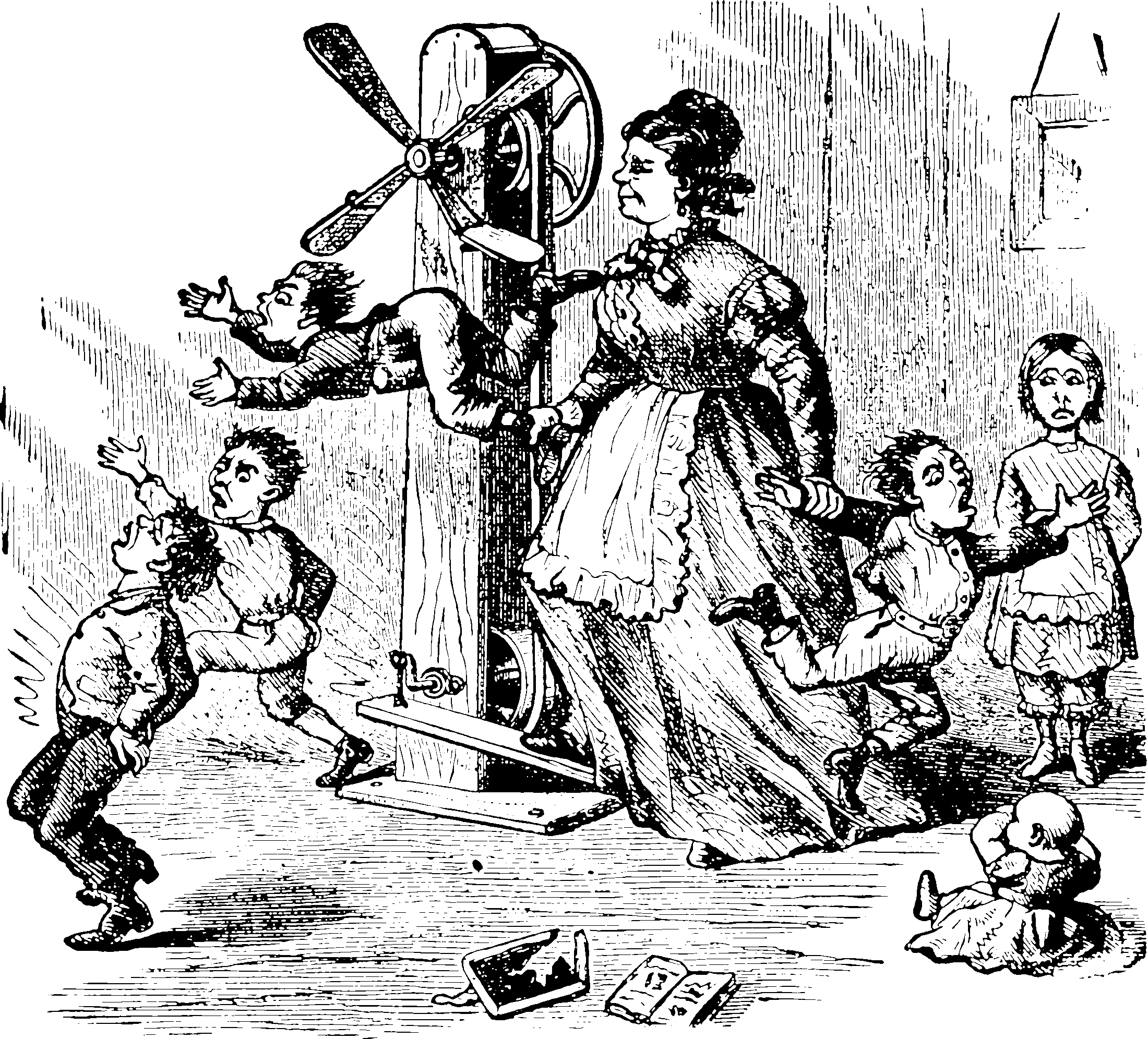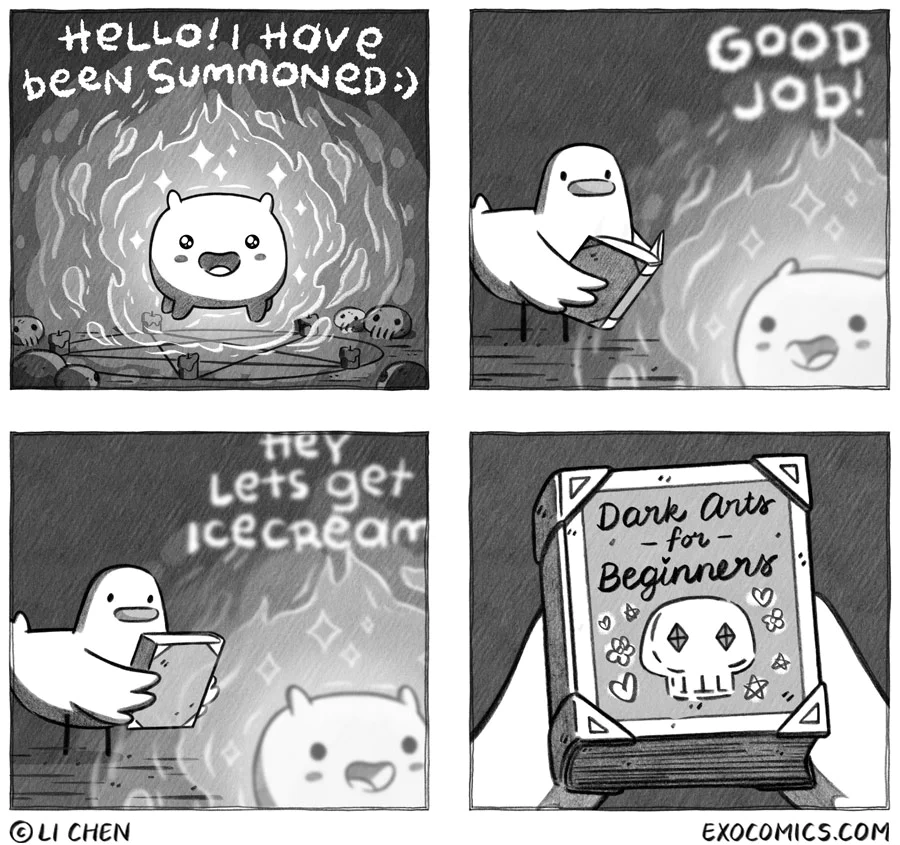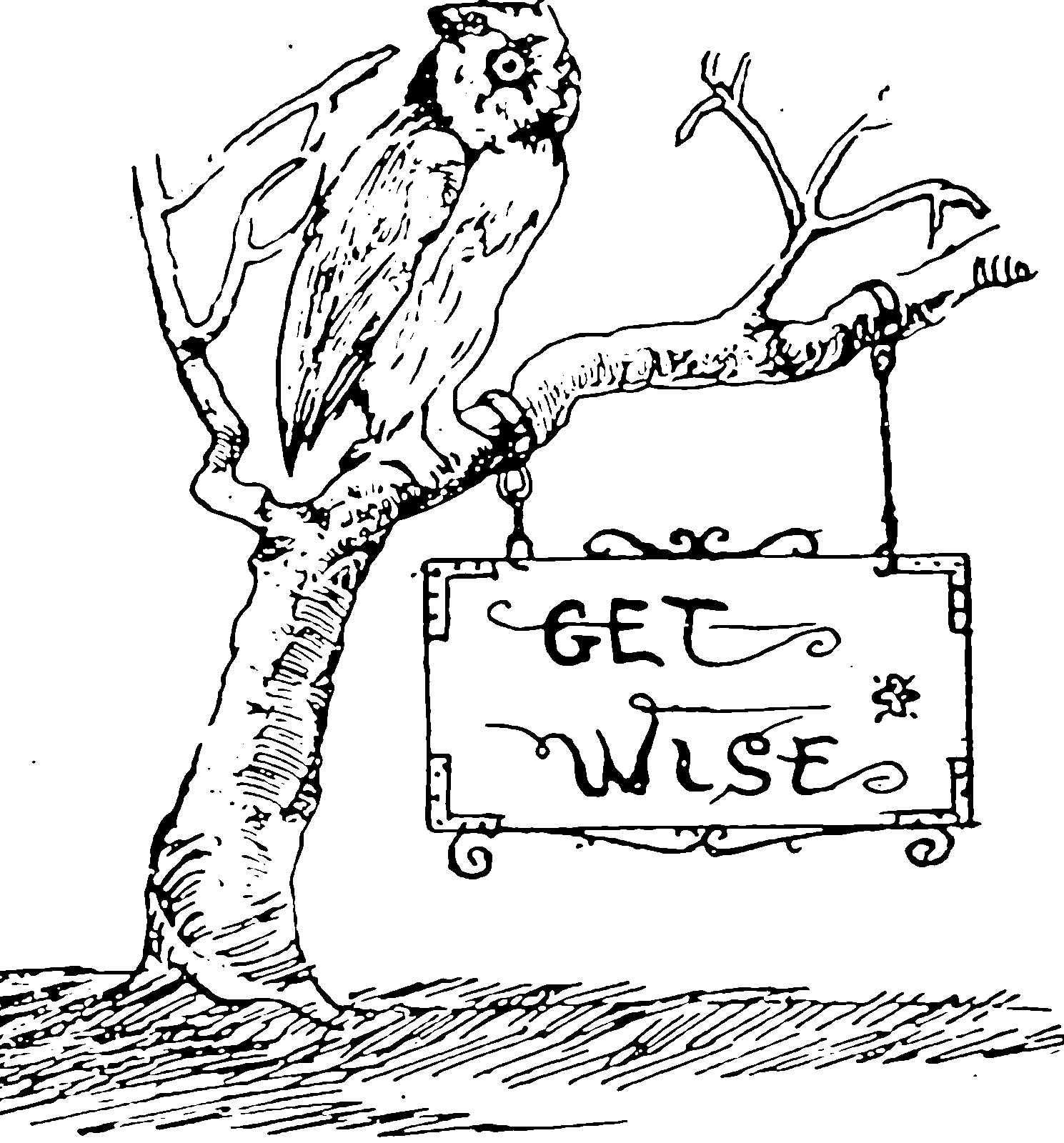Teaching
How-to
February 10, 2020 — February 4, 2022
Suspiciously similar content
Imposing learning upon others. I would like to be a better teacher than I am, which largely means teaching undergrads. Here is where I will make notes about that.
Not much to see here yet. Although, shout out to Arludo and their educationalised Gamification.
1 Resources
Notes towards improving my own practice.
Supervision Whisperers. The Teaching Tom Tom.
A message from the student from up the back, on the left has basic expectation-setting and politeness tips for tutoring.
Maybe I should read Little Soldiers – Inside the Chinese Education System.
Evans, Patterns in confusing explanations.
ANYWAY, to completely ignore that and work on my own pressing need to use whatever tools I can to improve my own learning and teaching, see this summary of some research evidence by Ozy Brennan, Evidence-Based Learning Strategies For Homeschoolers.
David R. MacIver, How to Explain Anything to Anyone
- Decide what you want to explain.
- Find out what the listener already knows.
- Express the first in terms of the second.
2 Empirical
Beth McMurtrie, in Why the Science of Teaching Is Often Ignored, argues that there is a rich body of research into pedagogy that we generally fail to employ to teach better. There are a bunch of structural reasons that we do not do so (incentives are bad, research is lower quality than it could be because incentives to research teaching are bad). New to me was the Dunning-Kruger-theory-of-mind argument:
What feels right to students — and some professors — is not necessarily what serves them best. Active learning, as demonstrated by the Harvard study, is one such example.
That study:
The authors compared the effects of a traditional lecture with the effects of active learning, in which students solve problems in small groups. They found—to little surprise—that when students were taught in an active format they performed better on tests. Then they made another, more striking, discovery: Students felt like they were learning more when they sat through a lecture. In other words, though they were very engaged by the talk, it didn’t actually help them understand physics better.
Take home lesson: you need data to inform teaching practice because insight is limited. How about we hear from an academic pushing back against that?
Orr Shalit rants about data-driven teaching methods: Why a “scientific approach” to science education is something I reject.
I claim that teaching — like making scrambled eggs or kissing or riding a bicycle — is an activity that humans can do very well without the pretence of approaching it scientifically.
For the record, some of my favourite science about bikes is blogged here and my favourite egg-scrambling research is at Kenji López-Alt’s Food Lab and it has substantially improved my ability to scramble eggs. I am currently not familiar with published studies on kissing but I can recommend field research.
In order to reject certain movements in teaching reform, Orr takes some contentious positions about science, which if I understand them correctly, include that
- contemporary machine learning is not science (because it is engineering, which is not science)
- that social sciences is largely impossible, (in particular, science education research, it seems, by definition, cannot be science) and indeed
- evidence-driven statistical research should not generally be referred to as science unless it meets some specific but unarticulated criteria which apparently excludes most research into human psychology.
These are not incoherent stances, usages are definitely idiosyncratic. Fortunately, he permits you to use data-led, logically-consistent, peer-reviewed argument to improve human systems, as long as you describe that approach as something other than science-based. Probably it is OK if one calls it science-adjacent, or scientz.
Idiosyncratic definitions aside, some things he says are worth bearing in mind. He defends the idea that traditional methods are not pointless, observes that scientific/professional consensus can be faddish, that incrementalism can be an OK way of improving a thing, that it is complicated to map from coal-face evidence to the overall design of human systems, that human dignity is a real concern and that the weight of evidence is often weak in social research, i.e. that science for policy is hard. All good points that apply way beyond teaching.



